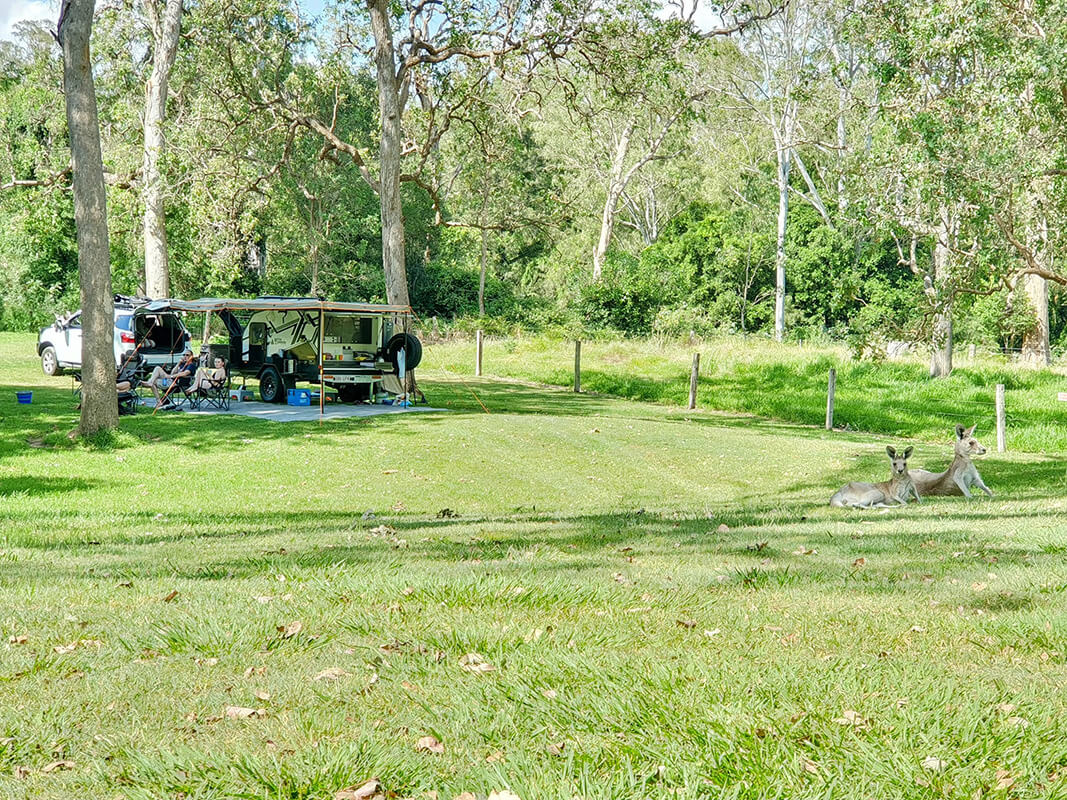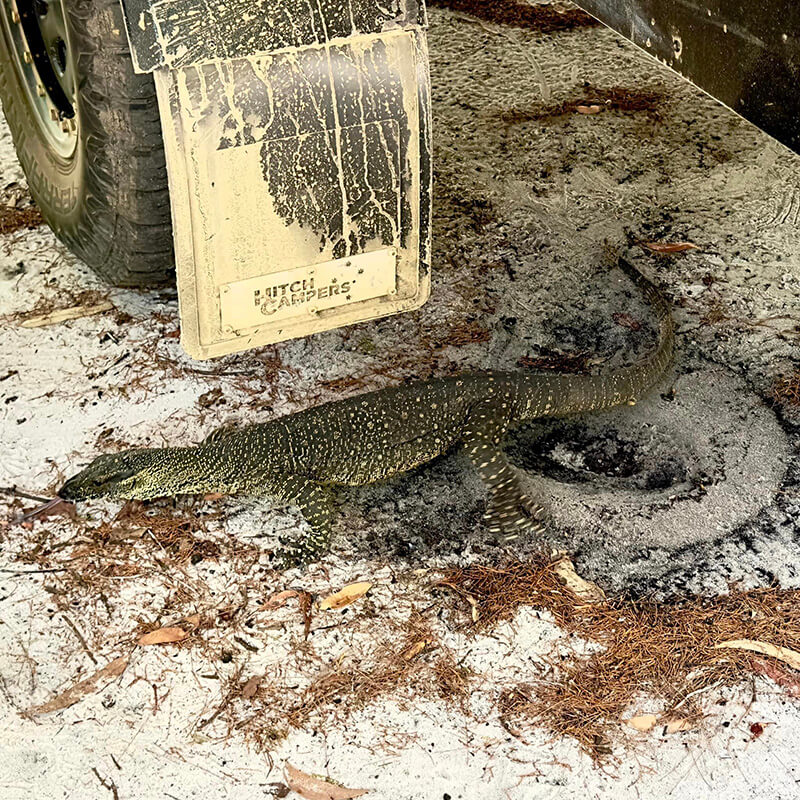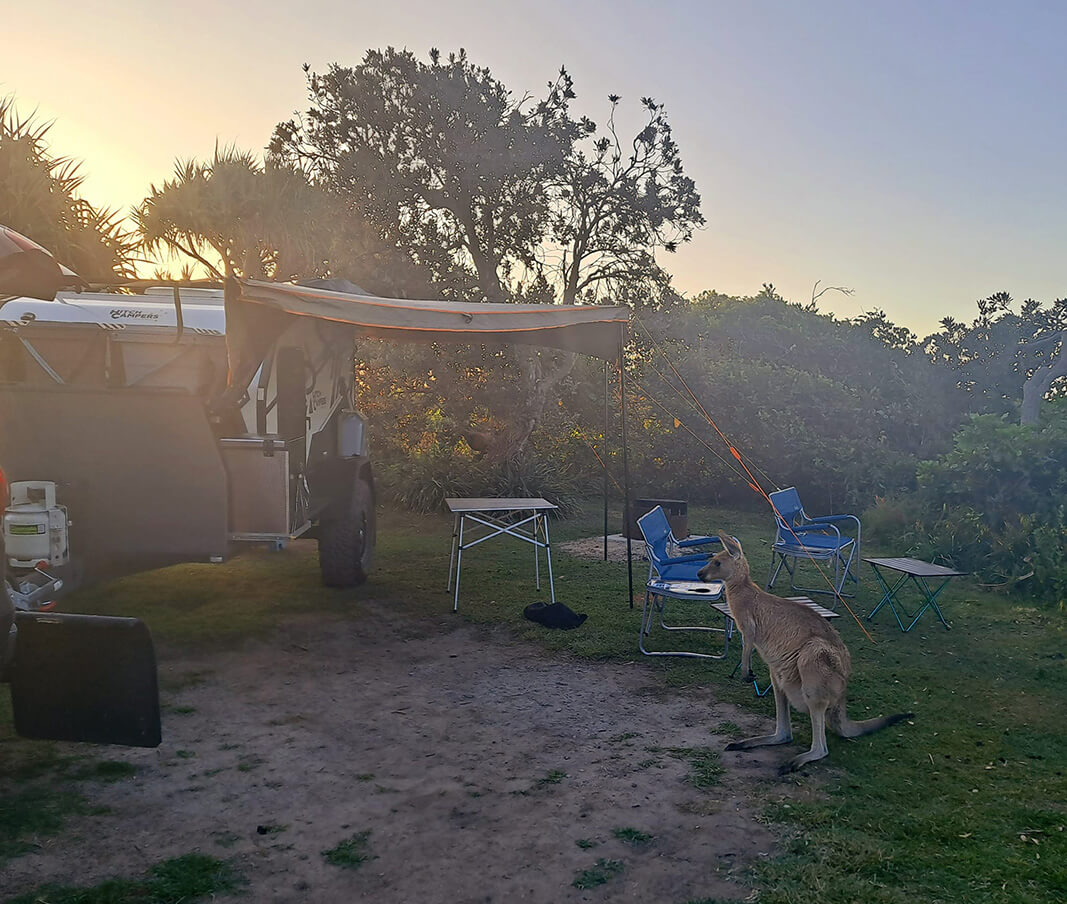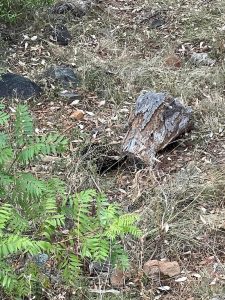
Encountering various wildlife while adventuring in your 4X4 and Canning Teardrop Camper can be an exciting yet hazardous event. This experience can lead to collisions—destroying your vehicle or resulting in serious injuries. But no need to worry; we can help you avoid hitting animals on the road with these crucial tips:
Tip #1
Be attentive to your surroundings and drive at a steady pace

The basic rule is to always keep your eyes focused on the path and steer clear of any distractions, especially when you are cruising into unfamiliar areas. You should look out for road signs that warn of wildlife crossings and slow down if you spot one ahead. Animals are more likely to move out of the way if they see a slower-moving vehicle. Along with this, honking can also be effective for smaller animals like wombats and squirrels as the loud sound can scare them away.
Tip #2
Avoid driving during dawn and dusk

Animals are more active during the early morning and late evening, so if you have to travel during these hours, be extra cautious as they may suddenly dart out onto the road. With that in mind, you can use high beams to get a clearer view but be sure to switch to low beams when approaching other vehicles.
Tip #3
Do not swerve

No matter how careful or skilled in driving you are, there is still a possibility of an animal strike on the road. That’s why we prepared additional pointers to remember during the aftermath:
- Get off the road and check the state of your passengers. This is a distressing situation for everyone so it’s important to help your family or friends to remain calm.
- Once you ensure that everyone is safe, the next step is to inspect the animal’s condition. Based on the intensity of the impact, it may just be stunned and can get back up quickly, or it may require treatment. In this case, you may need to load it up at the back of your vehicle and take it to the nearest vet on your route.
- Lastly, examine your vehicle for any damage. Look out for common problem sections such as sheet metal and headlight wreckage. Also, monitor if your coolant, radiator support, engine fan, and hose are all in good shape. Don’t neglect to check your vehicle’s undercarriage as well because this has the potential to cause destruction to your brake lines or suspension components.
By following these simple tips, you can prevent the likelihood of an animal collision and enjoy exploring the outback. Remember, at Hitch Campers we make sure your safety is a priority!
